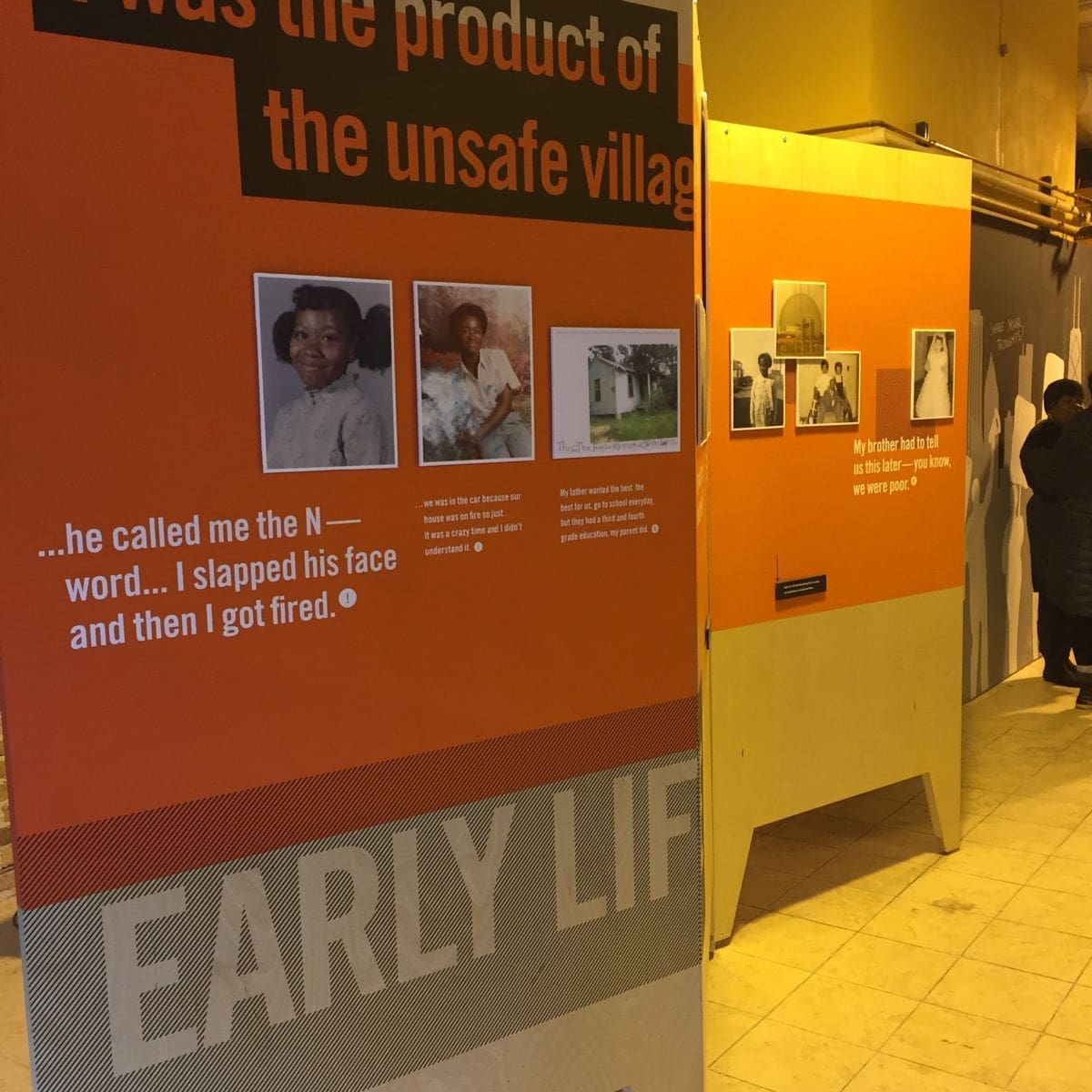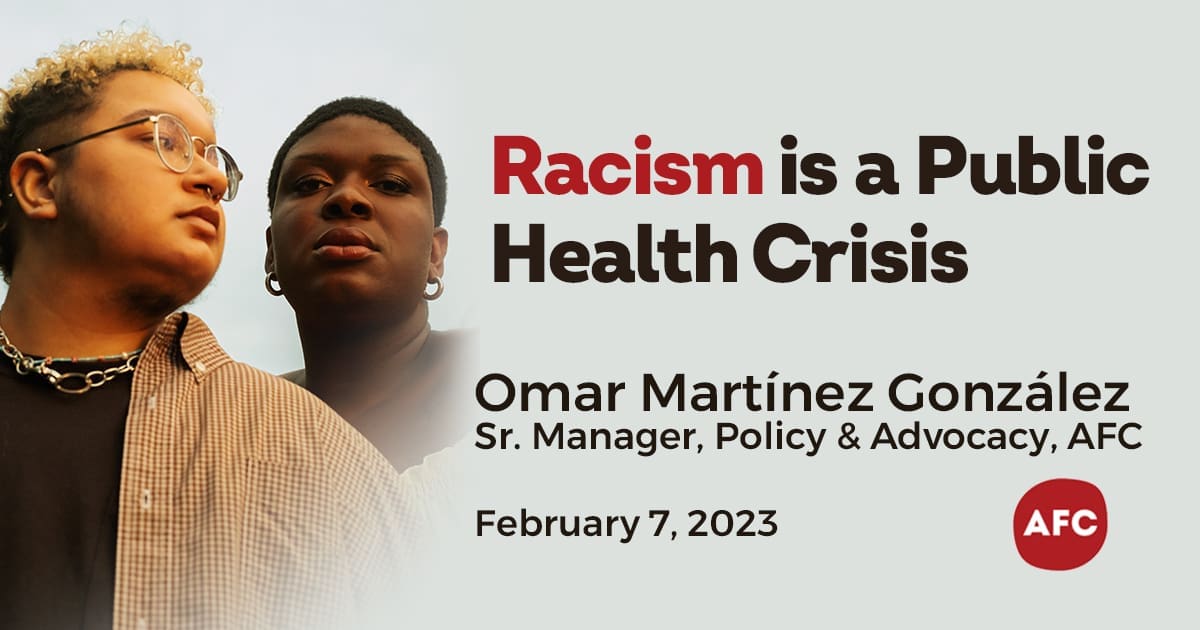CHICAGO – The AIDS Foundation of Chicago and The AIDS Institute are pleased to report that through their joint advocacy, national health insurance provider Ambetter Health has agreed to expand the list of medications it covers to include life-saving daily treatments for people living with HIV. This change is effective immediately and benefits Ambetter Qualified Health Plan (QHP) enrollees in Illinois, Florida and 10 other states in which the insurance provider operates (AR, GA, IN, MA, MS, NH, OH, TX, WA, WI).
Over the past two years, the AIDS Foundation of Chicago and The AIDS Institute assessed the various health insurance plans for people living with HIV in Illinois, Florida and other states. The groups found that Ambetter only covered one single-tablet regimen (STR), Atripla. There are currently six approved STRs from which providers may choose in tailoring individual patient care for people living with HIV – Atripla, Complera, Stribild, Triumeq, Genvoya, and Odefsey. Ambetter’s previous coverage policy denied people living with HIV access to the newer approved life-saving therapies, such as Stribild, Triumeq, and Genvoya, which are three of the U.S. Department of Health and Human Services (HHS) “Recommended Regimen Options.” Atripla, the oldest STR, is listed only as an “Alternative Regimen Option” and is less effective and has more serious side effects than the newer medications.
“After our plan review, we sent a letter to Ambetter stating that excluding these life-saving treatments from coverage constitutes discrimination under the Affordable Care Act, which sets clear standards for essential health benefits,” said Carl Schmid, Deputy Executive Director of The AIDS Institute. “Furthermore, the federal government has instructed that plans cannot deny beneficiaries acceptable clinical treatments, such as STRs, because it may discourage enrollment by those who need the medications.”
In recent weeks, AIDS Foundation of Chicago officials met with Ambetter representatives. As a result, Ambetter plans will now offer four of the currently approved STRs in all their plans in the twelve states in which they operate. The two they are not covering at this time were more recently approved by the FDA, although one of them is a “Recommended Regimen Option.”
“The AIDS Foundation of Chicago strongly believes that single-tablet regimens are some of the best options for HIV medications when treatment is started and when medication adherence is a particular concern,” explained Ramon Gardenhire, vice president of policy at the AIDS Foundation of Chicago. “While this is still a work in progress, this victory does mark a significant change and a good development forward to ensure quality care for people living with HIV.”
While Ambetter has agreed to cover additional HIV medications, beneficiaries’ access is still severely hampered due to the lack of affordability. For example, in some Silver plans offered in Illinois and Florida, a beneficiary must pay the full cost of the drug – at an average wholesale cost of between $2,753 and $3,244 per month, depending on the drug – until the $6,500 deductible is reached. In two Sliver plans in Illinois a 20% co-insurance is required to obtain the prescription, after a $4,500 deductible for one plan and a $5,500 deductible for the other.
The two organizations will continue to urge Ambetter to expand their coverage and affordability of HIV medications in order to meet the needs of people living with HIV.
The changes are now reflected on Ambetter’s online formulary. Coverage of STRs and tiering placement by state can be accessed here along with links to each state’s formulary.
About the AIDS Foundation of Chicago
AFC mobilizes communities to create equity and justice for people living with and vulnerable to HIV and related chronic diseases. We aspire to create a world in which people living with HIV and related chronic diseases will thrive, and new HIV infections will be rare. More at: aidschicago.org.
About The AIDS Institute
The AIDS Institute is a national bipartisan, nonprofit organization that promotes action for social change through public policy, research, advocacy, and education. More at: theaidsinstitute.org



